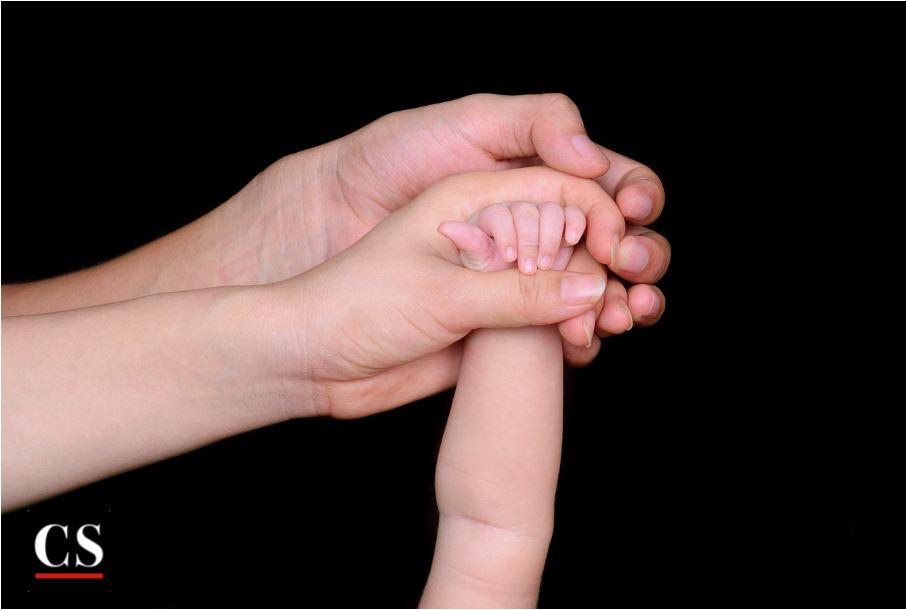- Feb 5, 2002
- 166,616
- 56,253
- Country
- United States
- Faith
- Catholic
- Marital Status
- Married
- Politics
- US-Others
Naked I came from my mother’s womb, and naked shall I go back there” (Job 1:21). This ancient wisdom sums up our solitary entry and exit from this world.
The role of trust in this journey is akin to the foundation upon which human relationships are built.
Shakespeare eloquently stated, “Love all, trust a few, do wrong to none.” Trust is the mortar that binds the bricks of human interaction. It allows us to form connections that transcend our inherent solitude. In the Bible the concept of “faith, hope, and love” (1 Corinthians 13:13) highlights trust (faith) as a cornerstone of our spiritual and interpersonal journeys.
Love, on the other hand, is the great harmonizer, the force that transcends the barriers of our solitary existences. The metaphor of love as a universal language speaks to its ability to bridge divides, heal wounds, and create a sense of belonging and connection.
In his writings and teachings, notably in encyclicals like “Redemptoris Missio,” Pope John Paul II often spoke of love as a fundamental force for unity and healing in the world. He says, in short, that love has the power to transcend cultural and personal barriers. This echoes the sentiment that love is a universal language that can heal and unify.
Love is the light that illuminates the path across our bridge. It guides us through interactions that define and give meaning to our lives. (Here are some more Thoughts on Love by Great Christian Thinkers.)
Continued below.

 catholicstand.com
catholicstand.com
Trust and Love
The inevitability of our solitary paths in birth and death forms the immutable bookends of human existence. The metaphor of life as a bridge spanning two great solitudes offers a vivid image. We enter and exit alone, yet the bridge itself – our life – is an edifice built on the piers of trust and arches of love.The role of trust in this journey is akin to the foundation upon which human relationships are built.
Shakespeare eloquently stated, “Love all, trust a few, do wrong to none.” Trust is the mortar that binds the bricks of human interaction. It allows us to form connections that transcend our inherent solitude. In the Bible the concept of “faith, hope, and love” (1 Corinthians 13:13) highlights trust (faith) as a cornerstone of our spiritual and interpersonal journeys.
Love, on the other hand, is the great harmonizer, the force that transcends the barriers of our solitary existences. The metaphor of love as a universal language speaks to its ability to bridge divides, heal wounds, and create a sense of belonging and connection.
In his writings and teachings, notably in encyclicals like “Redemptoris Missio,” Pope John Paul II often spoke of love as a fundamental force for unity and healing in the world. He says, in short, that love has the power to transcend cultural and personal barriers. This echoes the sentiment that love is a universal language that can heal and unify.
Love is the light that illuminates the path across our bridge. It guides us through interactions that define and give meaning to our lives. (Here are some more Thoughts on Love by Great Christian Thinkers.)
Lewis and Bonhoeffer
Continued below.

Trust, Love, and the Human Condition - Catholic Stand
Trust in and love of Jesus Christ can be the weaving of the grand tapestry in our lives where we find purpose, connection, and meaning.
 catholicstand.com
catholicstand.com
